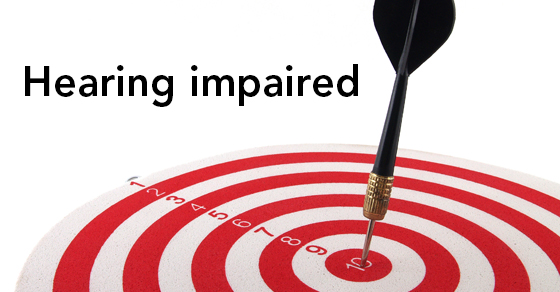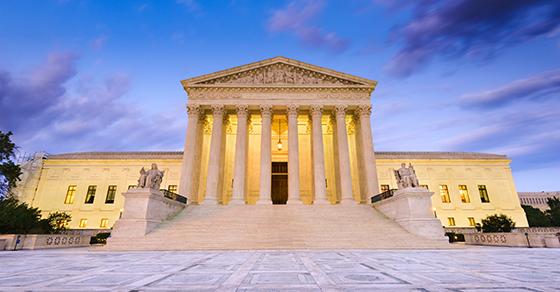New scam targets the hearing-impaired
The IRS warns that con artists are using “video relay services” (VRS) to scam deaf and hard-of-hearing people who utilize this technology for communication. Scammers may claim to be IRS agents to demand money or collect personal information which can be used to steal identities. The IRS says it’s critical to verify the identities of callers requesting personal data. “Do not automatically trust calls just because they are made through VRS,” the IRS cautions. For more information: http://bit.ly/2kQdQbB






